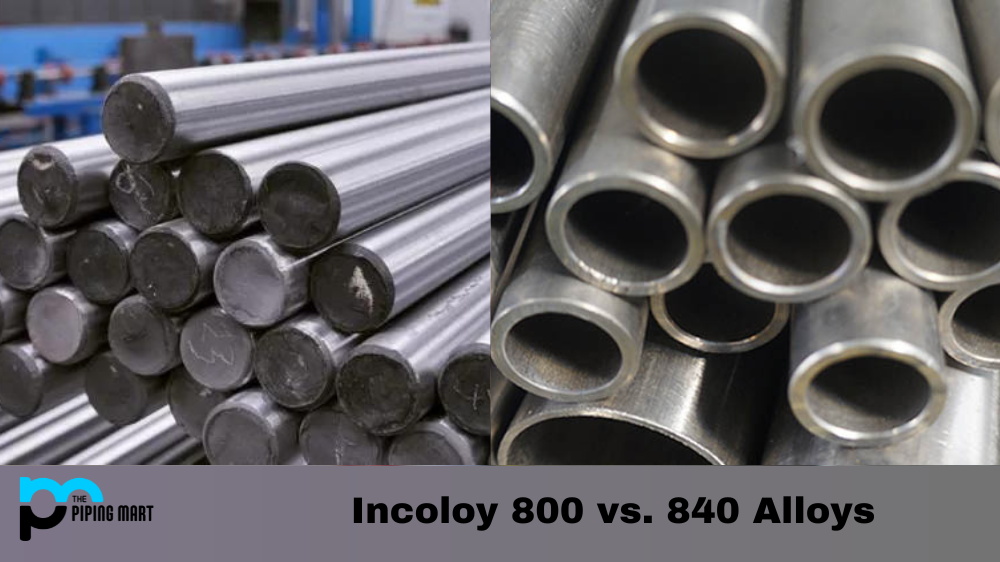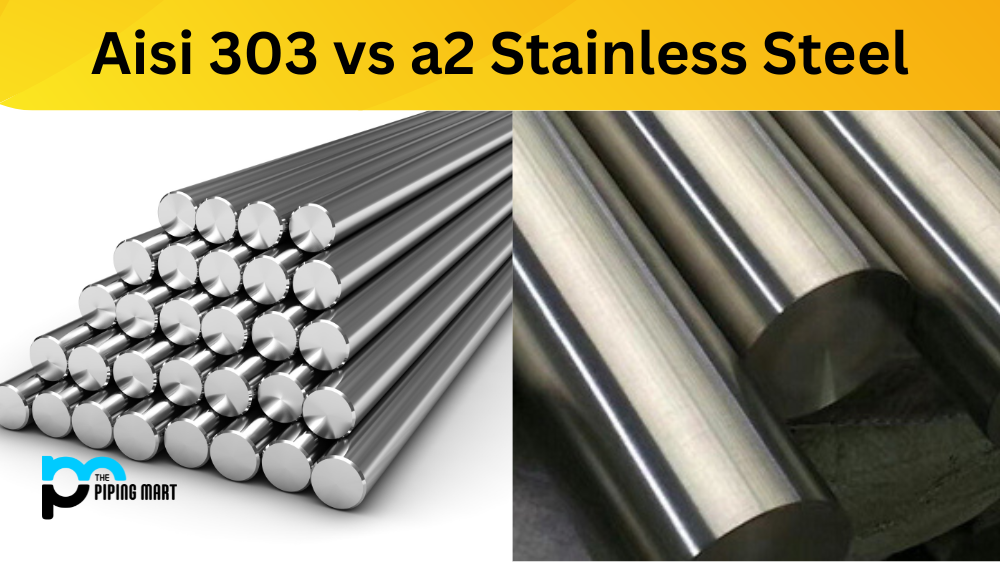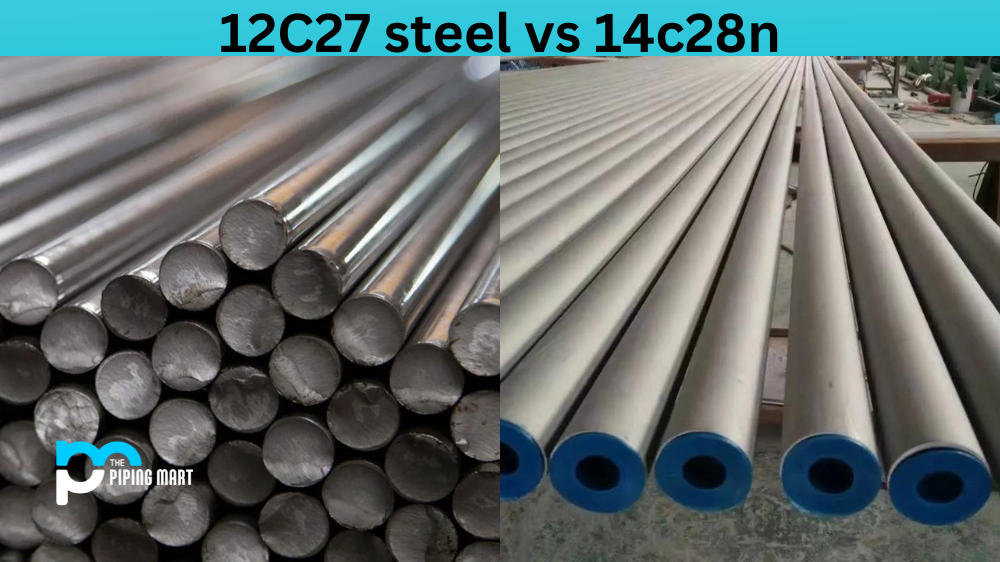Incoloy alloys are nickel-chromium-iron alloys that provide superior corrosion resistance, even in high temperatures. They’re great for industrial applications, such as power generation, chemical processing, and petrochemical. Two popular types of Inconel are 800 and 840. Let’s take a closer look at these two alloys to compare their properties.
Incoloy 800 Properties
Incoloy 800 is a nickel-chromium alloy with good strength and excellent resistance to oxidation and carburization in high-temperature environments. It also has excellent resistance to stress corrosion cracking and is relatively easy to weld. Incoloy 800 can be used in temperatures up to 1100°F (593°C). It’s considered an age-hardenable alloy because it can become stronger with time. Due to its excellent corrosion resistance, Incoloy 800 is often used in heat exchangers, pressure vessels, and other components exposed to corrosive environments.
Incoloy 840 Properties
In contrast to Incoloy 800, Incoloy 840 is an austenitic alloy containing chromium, nickel, and molybdenum. The alloy has good resistance to reducing and oxidizing acids and stress corrosion, cracking, and pitting corrosion. This makes it ideal for use in petrochemical applications like pump shafts or turbine blades that must withstand harsh chemicals over long periods of time without corroding or degrading. Unlike Incoloy 800, however, it isn’t age-hardenable, so its strength cannot be increased over time. In addition, it can only be used up to 1000°F (538°C).
Conclusion:
Ultimately the decision between using Incoloy 800 or 840 comes down to what temperature range your application needs to operate within and whether the part needs age-hardening capabilities or not. Both alloys offer superior corrosion protection but depending on your specific requirements one may be more suitable than the other. For engineers looking for an alloy that can withstand higher temperatures while still offering strong corrosion protection, then Incoloy 800 is the more suitable choice, whereas engineers working with lower temperature applications should consider using the more cost-effective option of Incoloy 840 instead. Regardless either option will provide you with superior performance compared to other available materials on the market today!
Meet Heer, a dynamic and driven writer learning tricks of her trade in the metal industry. With a background in Digital Marketing, Heer brings a unique perspective to her writing, sharing valuable insights. Apart from blogging she like reading and hiking.



